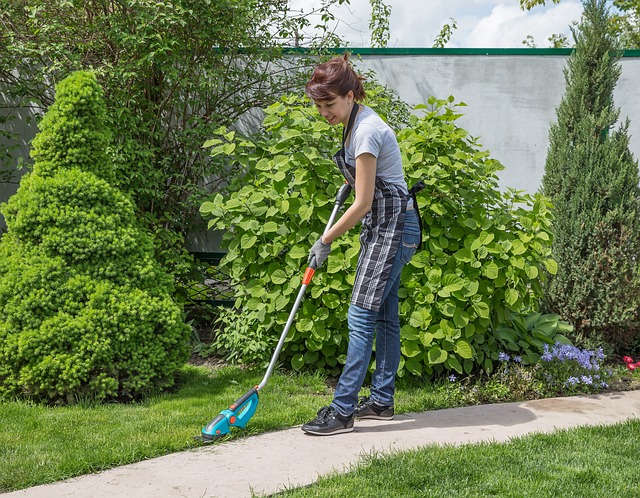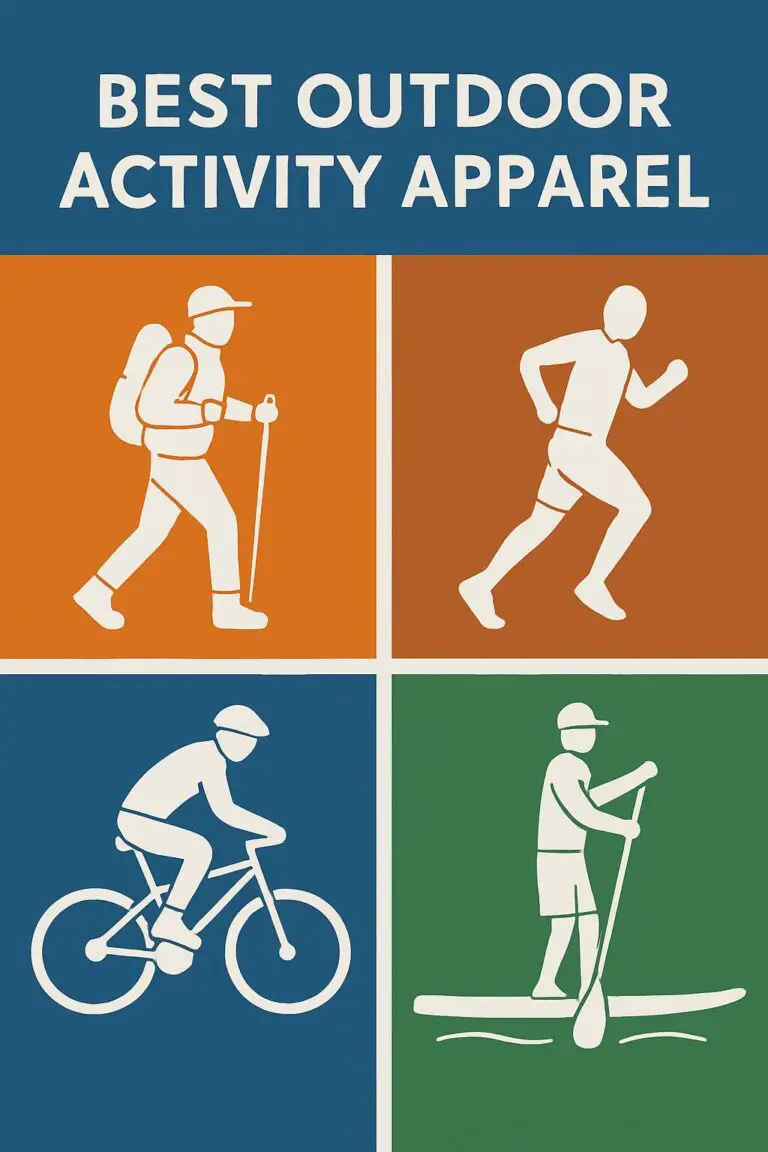We all love the idea of having a stunning outdoor oasis, but let’s face it – maintaining it can be downright exhausting. Trust me, I’ve been there! In this post, I’m going to explore why yard work can be so tiring and uncover the reasons behind those sweat-inducing sessions. So, grab a cold drink, put your feet up for a moment, and let’s uncover the hidden challenges of yard work together.
The Physical Demands of Yard Work
When it comes to yard work, it’s not just a leisurely stroll through the garden. It’s a full-body workout! Activities like mowing, raking, and shoveling require both aerobic endurance and strength. Imagine pushing that heavy lawnmower or lifting bags of mulch – it’s no wonder you break a sweat.
Engaging in these tasks actually provides you with a cardiovascular workout. Your heart rate increases, and you’re burning calories while getting your blood pumping. Plus, all that bending, lifting, and reaching engages various muscle groups, giving you a natural strength training session.
Ever find yourself pulling weeds for what seems like an eternity? Yard work often involves repetitive motions that can put strain on your muscles and joints. Constantly bending down, pulling, digging, and trimming can cause muscle fatigue and even lead to strains or sprains if you’re not careful.
To avoid unnecessary strain, it’s crucial to maintain proper posture and body mechanics. Remember to lift with your legs, not your back, and take frequent breaks to stretch and rest your muscles. Your body will thank you!
Overall, the physical demands of yard work require stamina, strength, and endurance. So, don’t be surprised if you feel a bit drained after tackling those outdoor tasks. But hey, it’s a great way to get some exercise while beautifying your surroundings.
Heat, Humidity, and Outdoor Elements
One of the factors that can make yard work particularly tiring is the weather. Picture yourself working under the scorching sun on a hot and humid day – it can be draining! Excessive heat and humidity can sap your energy levels faster than you’d expect. As you sweat, your body loses fluids and electrolytes, further contributing to fatigue.
To combat the effects of the weather, it’s crucial to stay hydrated. Keep a bottle of water nearby and take regular sips throughout your yard work session. Wearing lightweight, breathable clothing and a wide-brimmed hat can also help shield you from the sun and keep you cooler.
While you’re out there, you’re not alone. Bugs, pollen, and other outdoor elements can add an extra layer of discomfort and exhaustion. Dealing with itchy bug bites or sneezing through a pollen-filled breeze can be a challenge.
To make your yard work more enjoyable, consider wearing long sleeves and pants to protect your skin from bug bites and irritants. Apply insect repellent to keep pesky bugs at bay. If you have allergies, wearing a mask or taking over-the-counter allergy medication can provide relief.
Remember, it’s important to prioritize your well-being and take breaks when needed. Seek shade or step inside for a few minutes to cool down and rejuvenate.
Mental and Emotional Fatigue
Yard work isn’t just physically demanding; it can also be mentally taxing. Planning and executing yard projects require decision-making and problem-solving skills. From choosing the right plants for your garden to figuring out the best layout for your outdoor space, there’s a lot to consider.
All these decisions can add up and drain your mental energy. It’s common to feel mentally fatigued after analyzing different options, researching, and making choices. To combat this, break down your tasks into smaller, manageable steps. Create a to-do list or a garden plan to help you stay organized and reduce the mental burden.
Believe it or not, yard work can take an emotional toll as well. It’s easy to feel overwhelmed or frustrated when things don’t go as planned. Dealing with stubborn weeds, uncooperative tools, or unexpected setbacks can be disheartening.
Recognize that it’s normal to feel these emotions, and don’t be too hard on yourself. Take breaks when you need them and find ways to rejuvenate your spirits. Step back and admire the progress you’ve made so far. Remember, yard work is a journey, and it’s okay to seek help or take some time for yourself to recharge and regain motivation.
Take care of yourself and find a balance between pushing forward and taking the necessary breaks to protect your mental well-being.
Mastering Time and Energy Management: Key to Conquering Yard Work
One of the reasons yard work can be so tiring is the struggle to balance it with other responsibilities in your life. Between work, family commitments, and personal obligations, finding time for yard work can be challenging. The pressure to complete tasks within limited time frames can leave you feeling exhausted and overwhelmed.
To manage your time effectively, consider creating a schedule or allocating specific time slots for yard work. Prioritize tasks based on urgency and break them down into smaller, manageable chunks. Don’t try to tackle everything in one day – spread out the workload over several sessions to avoid burnout.
Remember, you don’t have to do it all alone. Yard work can be a shared responsibility or an opportunity to seek assistance. Enlist the help of family members, friends, or neighbors who may be willing to lend a hand. You’d be surprised how much quicker and enjoyable the process can become with a team effort.
Additionally, consider outsourcing certain yard tasks to professionals or services. Hiring a neighborhood teenager for mowing or utilizing landscaping services for more complex projects can save you time and energy. While there may be a cost involved, it can be well worth it in terms of the energy you save and the quality of the results.
Remember, it’s not about doing everything yourself but finding a balance that allows you to maintain a beautiful yard without sacrificing your overall well-being.
Does a Backyard Ice Rink Kill the Grass? Balancing Fun & Grass Health
Conclusion
In conclusion, yard work can be incredibly tiring due to a combination of physical, environmental, mental, and time-related factors. The aerobic and strength components of tasks like mowing and raking engage your entire body, providing a workout in the process. The repetitive motions and strain involved in pulling weeds and trimming can lead to muscle fatigue and potential injuries if proper posture and body mechanics aren’t maintained.
The impact of weather conditions, such as heat and humidity, can drain your energy levels faster, while outdoor elements like bugs and pollen can add discomfort and distractions. Managing these factors through hydration, protective clothing, and taking regular breaks can help alleviate some of the fatigue.
Yard work also takes a toll on your mental and emotional well-being. The decision-making and problem-solving required can be mentally exhausting, and setbacks or challenges may lead to frustration. Breaking tasks into smaller steps and taking time to rejuvenate can help ease the mental burden and emotional fatigue.
Time and energy management play a crucial role in tackling yard work. Balancing it with other responsibilities and prioritizing tasks can prevent overwhelming exhaustion. Seeking help from others and outsourcing certain tasks can also alleviate the workload and provide much-needed assistance.
Remember, while yard work can be tiring, it’s essential to prioritize self-care and find a balance that works for you. Take breaks, ask for help when needed, and celebrate the progress you make. The rewards of a beautiful yard are worth the effort, and with proper management, you can enjoy the process without feeling completely drained.
So, don’t let the exhaustion deter you from creating the outdoor oasis of your dreams. Embrace the challenges, take care of yourself, and revel in the satisfaction of a well-kept yard.
Happy gardening!
Here’s your next read: Do Backyard Mosquito Foggers Work? The Pros And Cons








